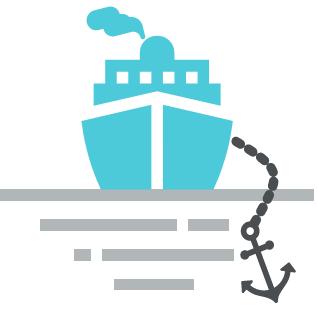Shipping Industry Risks Missing Decarbonization Goals Without Immediate Changes
The Global Maritime Forum has issued a warning that the maritime industry is falling short on decarbonization efforts and risks being unable to meet its climate goals if it does not take immediate action. According to a new report, most industry stakeholders are moving too slowly to achieve the International Maritime Organization’s (IMO) target of having five percent of the fleet powered by zero-emissions fuel by 2030. The forum stresses that the decisions made by the middle of this decade will be crucial in determining whether this target can be met.
Produced in collaboration with the UCL Energy Institute, UN Climate Change High-Level Champions, and the Getting to Zero Coalition, the report emphasizes that all actors within the shipping ecosystem must contribute to the transition, not just shipowners and fuel manufacturers. However, the majority are currently not on track to meet the five-percent goal.
On the demand side, recent orders for methanol- and ammonia-capable vessels will only fulfill a quarter of the required zero-emissions fuel consumption to meet the target. On the supply side, there is insufficient capacity, as many shipowners, suppliers, and original equipment manufacturers (OEMs) have reported issues. The existing pipeline for green fuel production is expected to deliver less than half of the energy needed for the international target.
The report highlights that achieving the five-percent target is critical for the maturation of the infrastructure, supply chains, and technology that support zero-emission fuels, as failing to do so could jeopardize the industry’s overall goal of achieving net-zero emissions by 2050.
Out of 35 recommended actions to reach the 2030 target, 13 are currently “off track,” with several being particularly significant. The report notes a shortage in the fuel supply pipeline, though there are signs of new project developments that may help. Additionally, demand for green-fueled vessels is too low, and funding for zero-emission projects has decreased while financing for fossil-fueled vessels has increased, pushing the shipping finance sector further “off track.”
The report concludes that the future of shipping’s green transition will largely depend on regulatory actions taken by the IMO, where member states are set to decide on imposing a global price on bunker fuel and establishing technical standards for fuel carbon content. The negotiations regarding greenhouse gas (GHG) pricing in the short term and the development of an ambitious global fuel standard in the long term will significantly impact the transition to green fuels.

